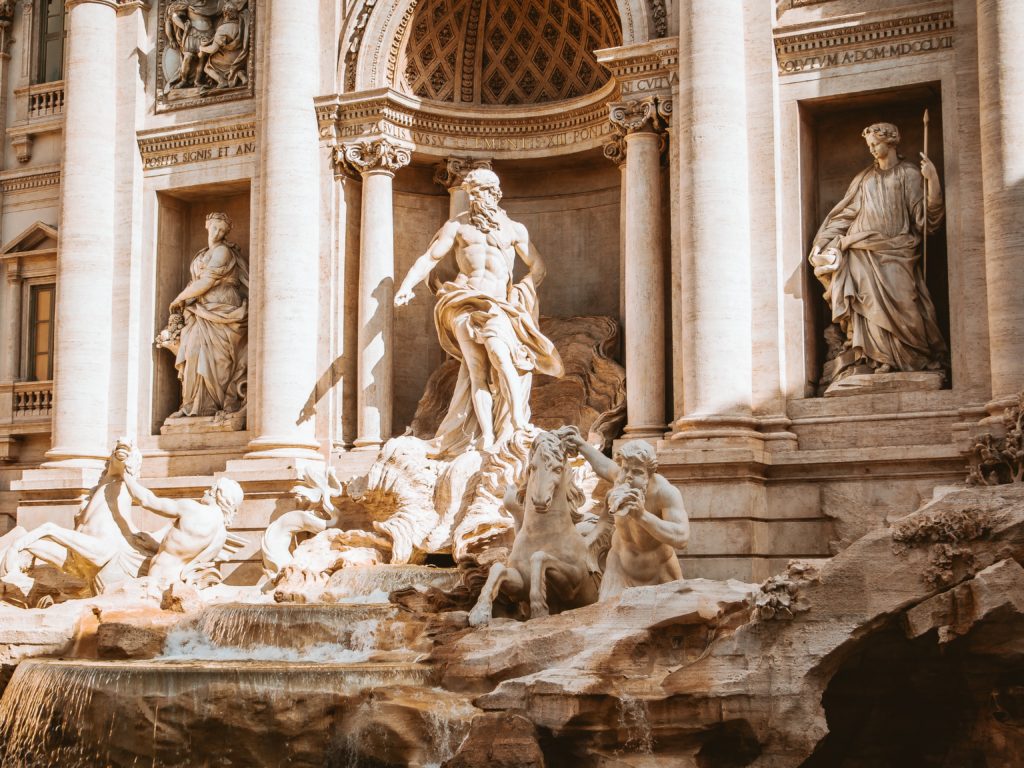Gaining knowledge is one important reason why people read literature. Students (and some teachers and parents) often ask why school curriculum requires them to read things like Julius Caesar by William Shakespeare or epic poems like Beowulf.
While this could lead to a much larger discussion, one reason for reading “classic” literature is that books can act as a window and mirror into the experiences of others, especially people and cultures from different time periods. Reading Shakespeare can give us knowledge about people from the past but it can also shed insight into who we are today.
This is exactly what we try to do with our Big Read and Little Read programs. Each year, we chose books for our community to read and through the reading and discussing of these books, we hope to highlight the power of literature to bring about this kind of understanding.
This past year, our programming focused on Native American culture and the work of Joy Harjo to give readers a better understanding of the Native American experience. While we haven’t yet announced our 2022 book titles (stay tuned!), our recent blog posts have explored storytelling, mythology, revisionist history, and heroes through the lens of Greek Mythology. All of these provide examples of windows and mirror knowledge – insight into cultures and time periods different than our own.
One way we see these stories as a reflection of culture can be viewed through the differences between the Greek Mythology version of Hercules and the newer Disney version of Hercules. The Greek myth reflects the values of Greek society and the Disney movie reflects values that connect with the viewer.
Similarities:
- In both versions, Hercules is the son of Zeus, who is the head of the gods. This similarity reflects aspects that bond Greek and American society. Both cultures enjoy stories, especially ones that talk about supernatural events or powers.
- Hercules underwent the hero’s journey to complete his quest. They also both tell tales where a hero must change and grow through their quest. Greeks used this plot arc in their stories and it is still how most stories are told today.
- The gods act as guides to Hercules throughout the film and the Greek Myth. Both versions of Hercules use the gods and other people to guide Hercules, which shows that both societies felt heroes should not have to undergo their quests alone.
Differences:
- Hera is Hercules’ mother in the Disney movie, but his mother is Alcmena, a princess, in the myth. In the Disney movie, Hades is the antagonist, but in the myth, Hera attempts to kill Hercules as a baby because she was angry Zeus was not faithful to her. This may show a difference in culture between the Greek society and today since Hera is the goddess of marriage but she was angry and drove Hercules to madness in the myth. Our culture depicted Hera as a motherly figure, which may indicate that our culture has different ideas about marriage than the Greeks.
- Another difference between the myth and the movie is the character of Magara, or Meg in the movie. In the movie, Hercules and Meg fall in love and live happily ever after once Hercules saved Meg from Hades. However, Hera drives Hercules to insanity in the myths and as a result, he kills Magara and his children. Our culture today enjoys a happy ending and a hero that chooses love over a sense of adventure or power since Hercules gives up immortality to be with Meg. The Greek myth shows that they may have valued a sense of adventure and did not expect the happily ever after.
- The characters in the Disney movie Hercules are more clear-cut good versus evil. Hades is the bad guy and Hercules is the hero. This is not the same in the Hercules myth since Hades is more complex with good and bad qualities and so is Hercules. Most of the characters have their flaws and their redeeming traits. In our media, it is easier to tell a story with very clear sides, but the Greek myths better show that there is more than one side to every story.
This is just one example of how ancient literature can inspire an adaptation of something that has similarities but reflects the culture of its day more than the original text. Writers know their audience so these differences tell us something about the people that the pieces were meant for, which is just one of the many reasons to read literature.
